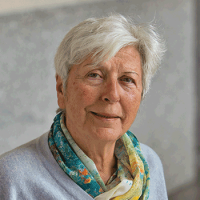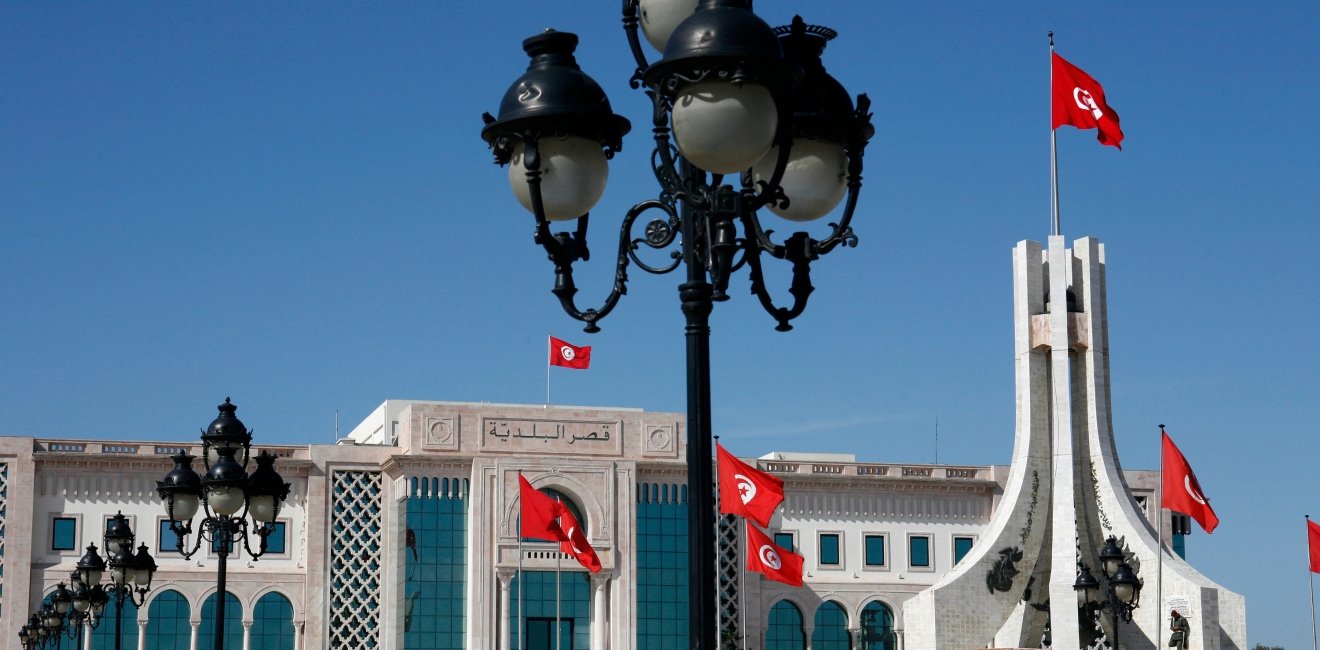Among Arab countries that experienced uprisings ten years ago, Tunisia was the only one to build a democratic political system. Unfortunately, democracy has come with a high price tag of compromises, dissatisfaction, and economic stagnation. The country is now facing three simultaneous crises. First, the economy is in dire condition, as it has been for the last ten years with no light at the end of the tunnel. Second, relations between Islamist and secular political parties, based on grudging mutual acceptance in the past, are increasingly called into question. Third, Ennahda, the Islamist party that played a crucial role in the transition, is facing a full-fledged leadership crisis. Party President Rachid Ghannouchi, whose ideological flexibility and political realism repeatedly saved the transition, is coming to the end of his second term and the party’s own rules demand that he steps down. The convention is deeply divided on the issue.
Since 2011, Tunisia has had 11 governments, with an average duration of 10 months, leaving no time to consolidate power and tackle reforms. This instability is one of downsides of democracy.
The Tunisian economy has been in doldrums since the uprising, damaged by the fragility of successive governments that has kept them from enacting crucial reforms. The perception that the country remains unstable further depresses domestic and foreign investments. GDP per capita took a plunge after 2010, recovered slightly in the following years, but dropped again because of the COVID-19 pandemic. According to World Bank figures, the Tunisian economy contracted by 21 percent in the second half of 2020, with tourism contracting by 47 percent and main manufacturing exports by 27 percent. Unemployment is now up to 18 percent. Poverty is increasing, although extreme poverty (defined as a daily income of less than $1.90 a day) remain less than 1 percent. The COVID-related decline is dramatic but hopefully temporary. However, the stagnation of the last ten years is more worrisome, because the underlying conditions are unlikely to improve. Government instability remains a major problem. Since 2011, Tunisia has had 11 governments, with an average duration of 10 months, leaving no time to consolidate power and tackle reforms. This instability is one of downsides of democracy.
Against this bleak economic background, political tensions are increasing and the legitimacy of Ennahda as a participant in the democratic process is once again called into question. Accusations of corruptions are mounting against Ennahda—in reality, corruption is deeply embedded in the entire political class and the leading Islamist party is probably no worse than other organizations. But despite its electoral success, Ennahda has no accomplishments to show in the recent years to blunt the impact of the accusations against it. Rachid Ghannouchi, the speaker of the parliament, has not been effective in his role. Whether or not somebody else could have done better given the stark divisions in the parliament, he is the speaker and takes the blame regardless.
Ennahda’s internal crisis is the most immediate threat to the already unstable political situation. The party has succeeded until now in presenting a façade of unity, despite internal divisions between the pragmatist wing led by Ghannouchi and the more radical elements in the organization. The fault is also growing between the aging old guard that suffered imprisonment or exile under the former regime and younger members who emerged in the post 2011 environment. Now, many believe that a formal split is conceivable.
According to the by-laws, Rachid Ghannouchi, who has been president for two consecutive terms, is not eligible for re-election, but he has refused to state he will not run.
The approaching of Ennahda’s eleventh convention has precipitated the crisis. The convention will define a policy direction for the forthcoming period and most importantly elect a new party president. According to the by-laws, Rachid Ghannouchi, who has been president for two consecutive terms, is not eligible for re-election, but he has refused to state he will not run. In September 2020, a group of around one hundred Ennahda leaders sent him a letter demanding that he declare that he will not run again and will convene the convention before the end of the year. Not only did he refuse to comply, but he also accused the signatories of plotting against him. A month later, the same group issued a second letter, which was broadcast on the radio, complaining about Ghannouchi’s response and reiterating its demands.
Subsequently, a meeting on November 10 of the shura council, Ennahda’s highest body, was boycotted by about a third of its members. The fight within the party continues. Ghannouchi’s supporters continue to argue that in the difficult situation Tunisia faces, Ennahda needs a charismatic leader and therefore he should be re-elected, no matter what the by-laws say. Others see violation of the by-laws as a dangerous precedent that threatens not only democracy within the party, but the entire system of governance. A number of compromise solutions have been suggested—for example, electing a new president but creating a new high- level position that Ghannouchi would occupy—but none has gained much traction so far. In the meantime, the chances that the convention will take place before the end of the year are rapidly evaporating.
How Ennahda handles the internal crisis will impact all other problems the country faces. Re-electing Ghannouchi would give ammunition to the parties that claim Ennahda has no place in the politics of a democratic country, even though other parties have no internal democracy either. The political battles both within Ennahda and against rival parties will create more instability, further distracting parliament from reform and dimming the prospects that economic problems will start being tackled seriously. Ten years on, Tunisia’s democracy is in crisis.
The views expressed in these articles are those of the authors and do not reflect an official position of the Wilson Center.
Author

Former Senior Research Associate and Head of the Middle East Program, Carnegie Endowment for International Peace

Middle East Program
The Wilson Center’s Middle East Program serves as a crucial resource for the policymaking community and beyond, providing analyses and research that helps inform US foreign policymaking, stimulates public debate, and expands knowledge about issues in the wider Middle East and North Africa (MENA) region. Read more

Explore More
Browse Insights & Analysis
Greenland’s New Governing Coalition Signals Consensus

Myanmar’s Junta and the 2026 Elections: A Fig Leaf for Legitimacy?


